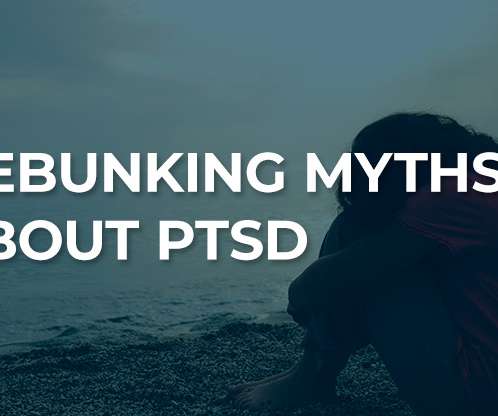Addressing Access in Ethnoracially Diverse Populations: Lessons from a University-Based Community Mental Health Center
Society of Clinical Psychology
APRIL 26, 2023
Finally, to study effectiveness, we used clients’ and therapists’ ratings of Clinical Global Impression (CGI; Guy, 1976), a general assessment of a client’s level of illness and functioning. when both the client and therapist identified as Black) was associated with more sessions attended. WHAT DOES THIS MEAN? Robison, M., Daurio, A.










Let's personalize your content